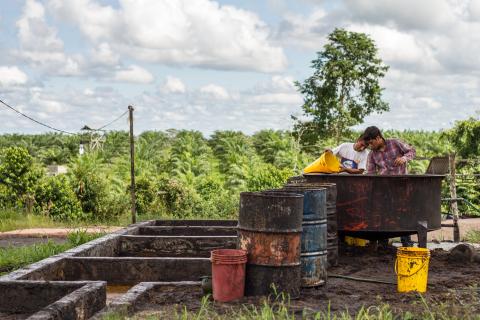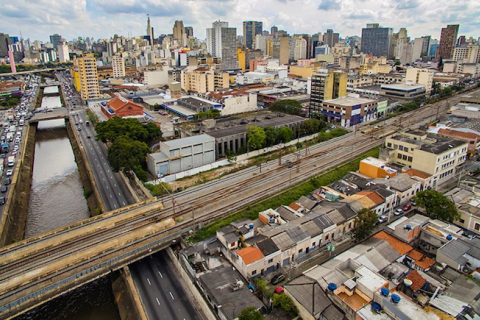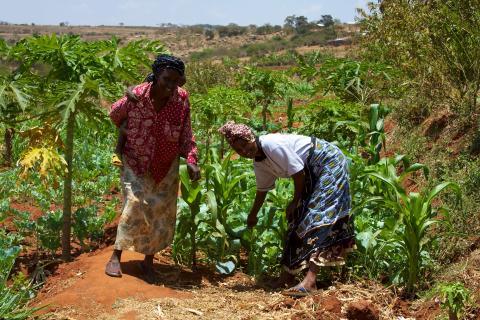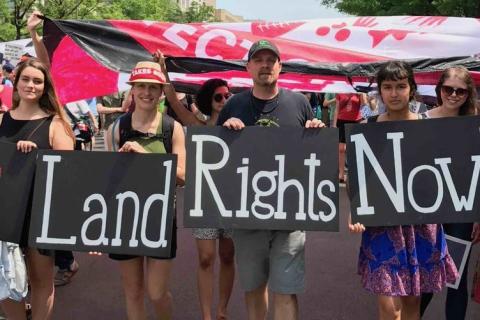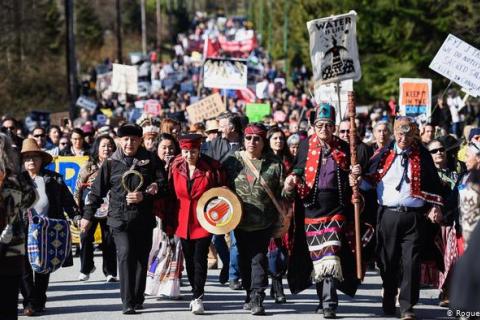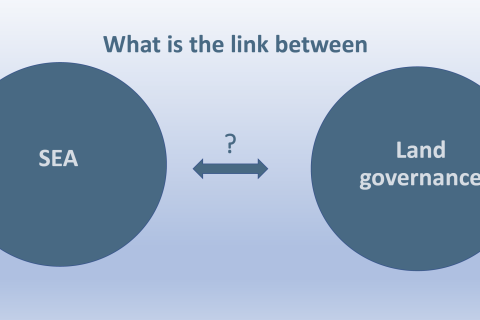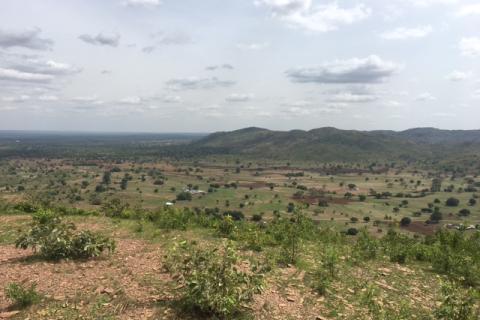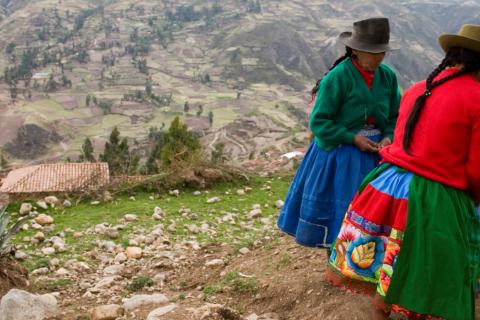A Global Movement for Environmental Justice
In a recent episode of the podcast Uncharted Ground, host Jonathan Levine spoke with Namati about building a global environmental justice movement. You can find it on any major podcast platform or listen to the episode (and access the full transcript) on Stanford Social Innovation Review's website. A recap of the episode, written by SSIR, is below.


